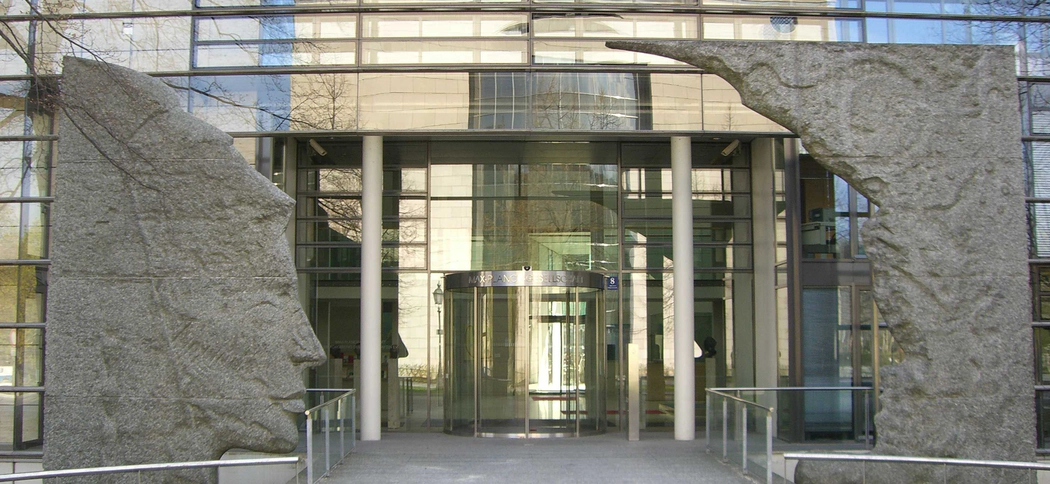What Can We Learn from Studying Homo sapiens’ First Moves into Tropical Forests?
DOI:
https://doi.org/10.21036/LTPUB10699Researcher
Based in the Department of Archaeology at the Max Planck Institute for the Science of Human History, Patrick Roberts is Group Leader of its recently established Stable Isotope Research Group. Having completed his BA, MSc and DPhil at the University of Oxford, Roberts’ main research interests include Stable Isotope Ecology and Geochemistry; Tropical Rainforest Archaeology, Ecology and Conservation and the evolution and dispersals of Homo sapiens. The recipient of several prestigious awards from both the Max Planck Society and the University of Oxford, Roberts’ monograph Tropical Forests in Prehistory, History, and Modernity will be published by Oxford University Press in 2019.

Original Publication
Defining the ‘Generalist Specialist’ Niche for Pleistocene Homo Sapiens
Patrick Roberts,
Brian A. Stewart
Published in
Citation
Patrick Roberts,
Latest Thinking,
What Can We Learn from Studying Homo sapiens’ First Moves into Tropical Forests?,
https://doi.org/10.21036/LTPUB10699,
Credits:
© Patrick Roberts
and Latest Thinking
This work is licensed under CC-BY 4.0
